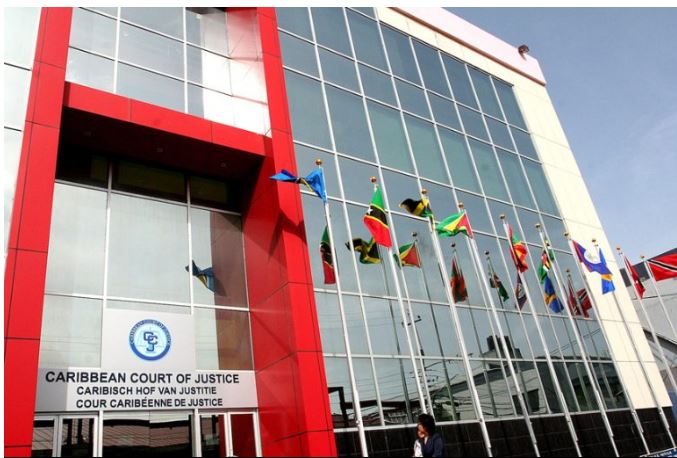On Wednesday, January 31, the Caribbean Court of Justice (CCJ), in its Original Jurisdiction, found that the Caribbean Community (CARICOM) Member State of Jamaica was in breach of Article 82 and paragraph 18 of Schedule III of the Revised Treaty of Chaguaramas (RTC) by not imposing the 40% CET on soap noodles imported from extra-regional sources. The case before the Court was DCP Successors Limited v The State of Jamaica [2024] CCJ 1 (OJ).
The Claimant, DCPS, is a Dominican company that manufactures soap noodles and soap products. These soap noodles may be moulded into various soap products including but not limited to laundry bar soap. Since DCPS’ soap noodles and its other soap products are manufactured within CARICOM, those goods are eligible for and receive preferential treatment compared to similar goods imported from non-CARICOM States. Regional importers of DCPS’ products do not pay the 40% CET established by CARICOM on soap products. DCPS exports its soap noodles and other soap products, which they manufacture, throughout the region.
The State of Jamaica was the Defendant to the claim. There are also soap-producing companies operating in Jamaica. These producers do not manufacture soap noodles. They import soap noodles manufactured in Malaysia and Indonesia. In Jamaica, these soap producers add fragrances, oil extracts, moisturisers, and colour to the imported noodles, reshape them into various forms, repackage them, and then sell the final product.
Jamaica was not imposing the CET on the soap noodles imported from extra-regional sources, initially based on a misclassification of the tariff under which the soap noodles fell. After DCPS complained about this classification, Jamaica sought and received advice from the World Customs Organisation which confirmed the misclassification. The State of Jamaica, however, continued to exempt the imported soap noodles from the applicable 40% CET. The exemption was firstly based on the contention that the Jamaican soap products were community goods eligible for preferential treatment, and latterly, it was based on a domestic exemption regime: the Productive Inputs Programme, established by Jamaican legislation and applied to the Jamaican soap producers.
DCPS attempted to engage soap producers in Jamaica to supply them with soap noodles. However, the Jamaican soap producers took issue with the quality of DCPS’ soap noodles.
After hearing from the parties, the CCJ found in its judgment that it was not permissible to grant duty exemption on soap noodles imported from extra-regional sources when the same or similar products are produced in CARICOM in adequate quantities. The application of tariff protection on such items is consistent with the objectives of the RTC and, in particular, with Schedule III of the RTC, which elaborates a special regime for oils and fats, which includes soap and soap noodles. The Council of Trade and Economic Development (COTED) may suspend the 40% CET on soaps and soap noodles when there is an insufficient supply in CARICOM.
The CCJ found that the wording of Jamaica’s exemption regime was consistent with the principle that, before granting exemptions, Member States should first source from within CARICOM. However, the CCJ found that Jamaica failed to consider or assess, whether soap noodles were available in adequate supply from regional manufacturers before granting the CET exemption to Jamaican soap producers according to its exemption regime. The Court held that the evidence given proved that DCPS could supply the entire CARICOM Single Market with soap noodles, and the soap noodles manufactured by it were not rancid or otherwise unfit for purpose, as claimed by some Jamaican soap producers.
The CCJ accordingly found that Jamaica was not in compliance with Article 82, and paragraph 18 of Schedule III of the RTC when it did not impose the 40% CET on soap noodles imported from extra-regional sources.
In relation to Jamaica’s alleged breach of Article 84 of the RTC, the CCJ accepted counsel’s concession that the Jamaican soap products could not be characterised as goods of Community origin. Jamaica relied on a defence of good faith concerning this non-compliance, but the CCJ held that good faith, even if present, could not excuse responsibility for the violation.
The CCJ awarded costs to DCPS and will hold a case management conference to consider how the matter will proceed for determination of the question whether, and if so, what other possible remedies or relief are due to DCPS.
The CCJ’s full judgment is available via www.ccj.org.




